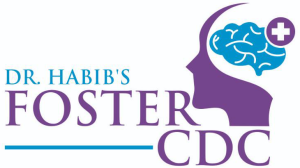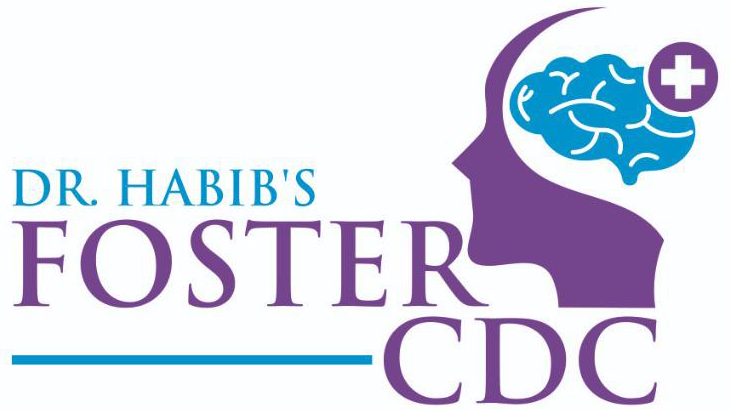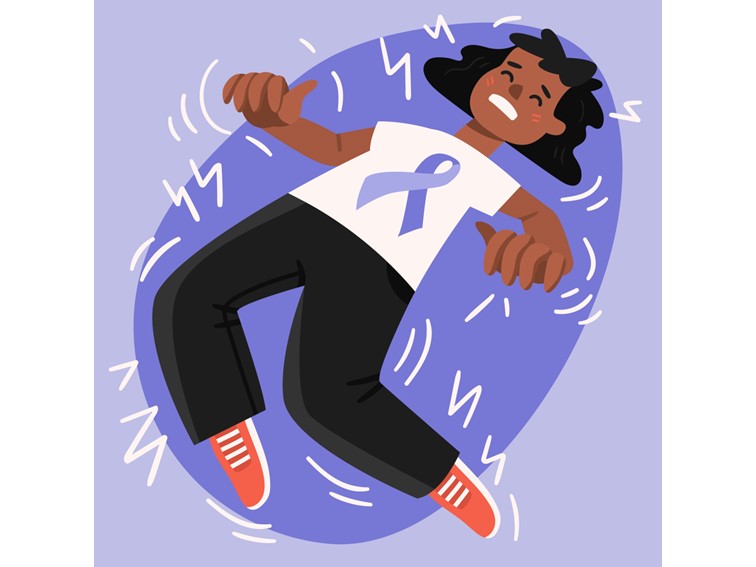International Epilepsy Day 2022 | Dr. Habib Pathan Paediatric Neurologist
Childhood seizures are usually brief events, which are controllable, but there are some seizures that are often serious. Epilepsy (seizures) can begin at any age but are common in children. All seizures are not epileptic because febrile convulsions due to sudden high fever and syncope (fainting) due to a drop in blood pressure are not caused by disrupted brain activity.
Is epilepsy a serious disorder?
Parents are a bit skeptical about their child’s seizures and worry that their child’s life become miserable if seizures become intense and continue for long. Though a majority of seizures are not problematic as they can be managed with proper care and treatment. Some seizures can become life-threatening – for instance, recurrent seizures or seizures that continue for long without any bouts of consciousness in between. One such dangerous type of epilepsy is STATUS EPILEPTICUS. In a nutshell, any type of seizure that recurs with increasing bouts of attacks (episodes) and frequency is troublesome and requires proper attention and care. The seizures that persist or prolong are associated with developmental delay or intellectual disability.
What causes childhood epilepsy?
Childhood seizures are mostly due to high fever (febrile) seizures, but more than 50% of childhood epilepsy is due to unknown (idiopathic) causes. However, the most common causes of childhood epilepsy are disorders of brain development, head injury, hydrocephalus (excess water in brain cavities), lack of oxygen to the brain, infections of the brain, and its covering (meningitis), and genetic causes.
When should parents seek immediate medical care?
It is important for parents to seek immediate medical help or emergency medical care for their child if a seizure lasts for more than five minutes or their child’s symptoms get worse or do not get better with time.
Read more about childhood epilepsy
- Epilepsy Treatment
- Frequently asked questions about Epilepsy
- Seizures or Epilepsy First Aid
- Is there any Diet to Manage Epilepsy in children?
- Epilepsy in Children Facts
- What are the Causes of Epilepsy?
- Types of Seizures
International Epilepsy Day 2022



